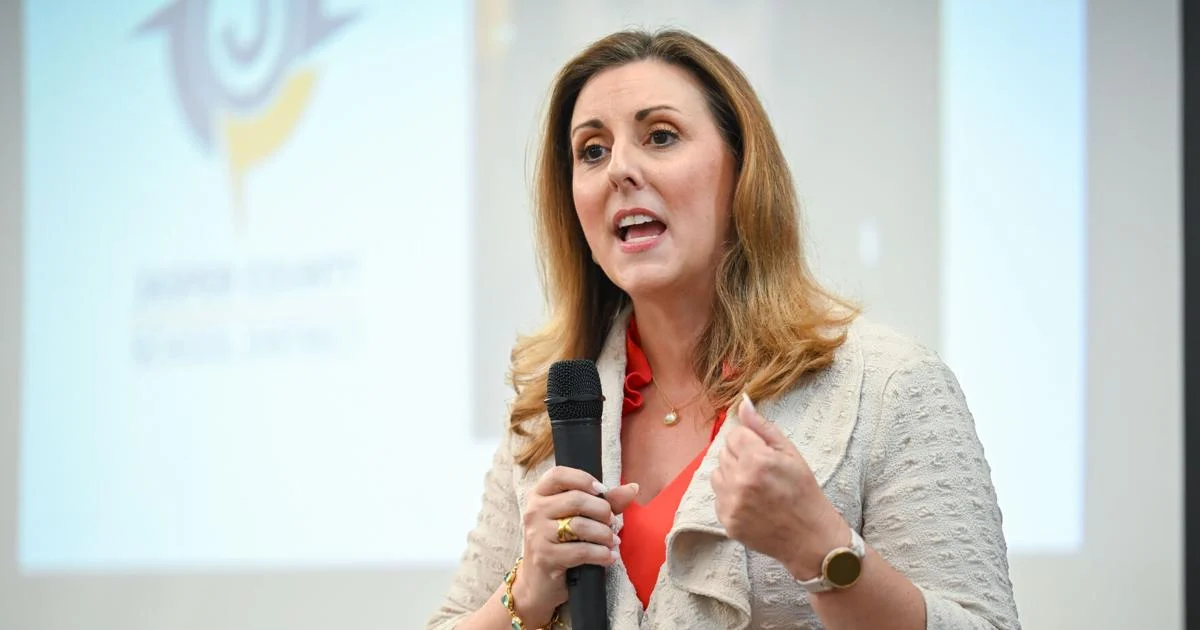Copyright Charleston Post and Courier

COLUMBIA — State Superintendent of Education Ellen Weaver formally announced her 2026 reelection campaign Oct. 20 as she seeks a second term as South Carolina’s top education official. The conservative Republican emphasized students’ rising scores on state math and English standardized tests in an announcement video, and touted the S.C. Department of Education’s literacy education reforms and ramped-up efforts to address weak middle school math performance. She also named expanded school choice, security funding, teacher pay raises and this year’s school cellphone ban as successes in her first term. Weaver vocally supported the initiatives as they were passed by the state Legislature. “We’ve proven that South Carolina can lead the nation in literacy, safety and innovation,” Weaver said in a news release. “Now it’s time to build on that momentum and finish the job.” Both of her challengers so far come from the other side of the aisle. Longtime educators Lisa Ellis and Sylvia Wright are seeking the Democratic nomination. Weaver soundly defeated Ellis, a founder of the once-formidable SC for Ed teacher activist group, in the 2022 general election to win her first term. During her campaign that year, Weaver vowed to fight against what she called "woke indoctrination" and said the state should consider rejecting federal education funding. She supports President Donald Trump’s efforts to overhaul Washington’s relationship with state education agencies. Weaver’s culture-war moves have since prompted controversy. She caught flack after the Education Department decided not to offer AP African American Studies as a state-recognized class. Statewide book bans and an internal ban on language about certain race and gender ideologies recently triggered a federal lawsuit from the state school librarian association, which with Weaver previously cut ties. She has also supported the state’s voucher program, which enables the distribution of state-funded scholarships to thousands of private school students, something that has drawn criticism from Democrats and teacher groups that consider it unconstitutional. On the academic front, Weaver helped lead the push for South Carolina schools to embrace the science of reading, a body of research that emphasizes a structured, phonics-focused approach to teaching students how to read. She and other education officials have attributed students’ English gains to those changes, though some scholars are concerned that the phonics method could limit teachers’ toolboxes for teaching kids how to read.



